-“SHUTTLESS tt. Shameless, no longer ashamed. Having made a mistake, still brazenly arguing back. Shameless attitude. “His eyes were still wild and stupid, but had lost the brazen, sullen look” (Ma Van Khang)”.
Shameless is a compound word [contemporary meaning], in which "shy" means not knowing shame, not knowing embarrassment, not reacting to external influences (like "shy face"; "shy frog eyes"); "trao" means staring, the way of staring as if being numb (like "It kept staring at me"; "I searched for staring eyes but couldn't find them").
Vietnamese dictionary (Le Van Duc) in the "trô" section explains "Stubborn, shameless", and gives an example: "Trô mặt; whatever anyone says, you are shameless!"; in the "trao" section explains "Trô, a way of staring", and gives an example: "Trao-trao, brazen, brazen; to look with eyes".
Thus, "brat trai" is a compound word, not a reduplicative word.
- “SHUTTLESS tt. Showing shamelessness, to the point of being ridiculous and hateful. The shameless face of a scoundrel. Dressing shamelessly and shamelessly. Shameless attitude”.
Shameless is a compound word [contemporary meaning], in which "trô" means to be shameless, not to know shame (like "brazen"; "brazen"; "talking forever but still being brazen"); "trèn" means to be ashamed (like "brazen"; "that girl has a brazen face, shameless eyebrows/ The gold she wears, the silver she wraps around her still dirty her life - Folk song). "Trô" means to be shameless, not to know shame:
- Vietnamese dictionary (Hoang Phe editor - Vietlex) explains "trô" as meaning 3 as "showing no shame, no embarrassment in the face of criticism or criticism from others" and gives an example "the girl was so brazen ~ said that but she was still brazen ~ her face was as brazen as a chopping board. Dan: brazen, shameless"; the entry "trô" in this dictionary explains as "shy, embarrassed", and gives an example "laughing to hide the brazenness".
Thus, "trou" is a compound word, not a reduplicative word.
- “SOLE tt. Lonely, all alone, no one, no support around. A lonely hut in the middle of the field. “The onlookers have all gone home, surely it seems lonely” (Nam Cao). Living alone, lonely and alone”.
Bare/ bare is a compound word [contemporary meaning] in which "bare" means lonely, left alone (like: sitting bare; Still bare alone; "Dreaming of riding a dragon to the upper world/ Waking up in prison, still lying bare" - Ngo - Prison Diary - Ho Chi Minh ); "bare" means bare, completely gone, just alone (like: sitting bare; bald; All bare; Chicken with no feathers).
Vietnamese dictionary (Association for the Enlightenment of the Advancement of Virtue), the entry for “tro” explains the meaning of 2 as “Single and alone, not clinging to anything”, and gives the example “The inn stands alone in the middle of the field. Still alone”; the entry for “troi” explains the meaning of “Bare, completely gone, nothing left”, and gives the example “All bare. Bare. Bare mountain”.
Thus, in the synchronic sense, all the constituent elements of the words brazen, brazen, and bare have the ability to function independently, therefore, these are all independent compound words, not reduplicative words.
Man Nong (CTV)
Source: https://baothanhhoa.vn/ve-mot-so-tu-lay-tro-trao-tro-tren-tro-troi-248549.htm




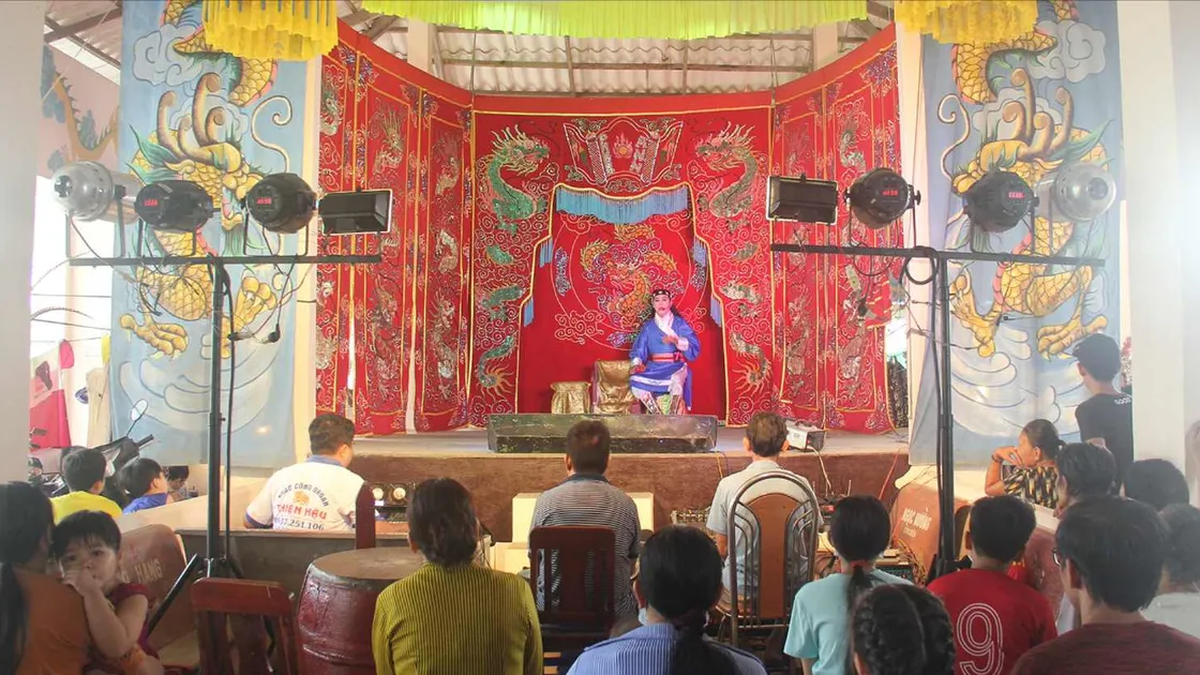

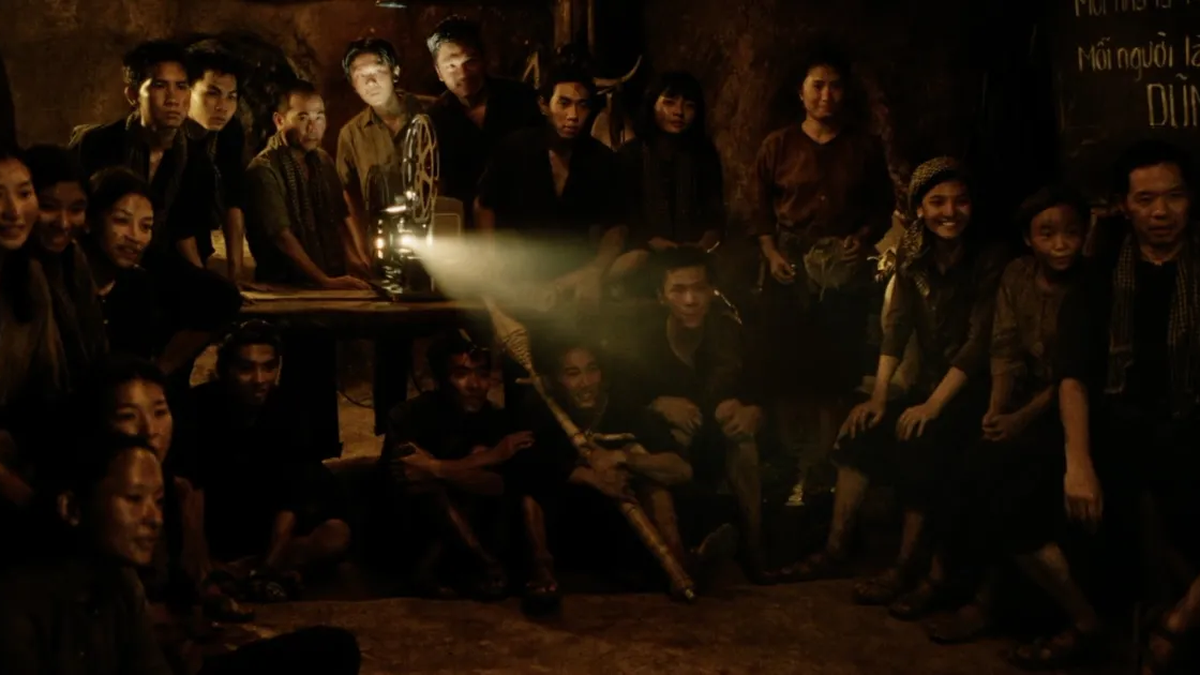





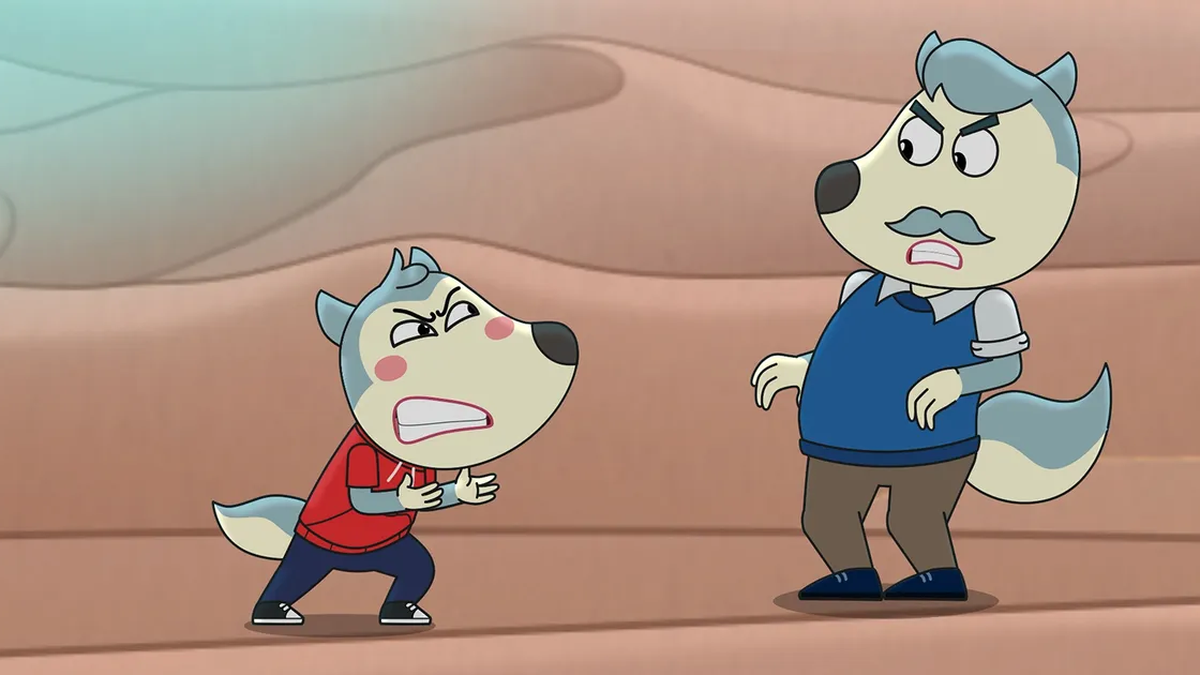


















































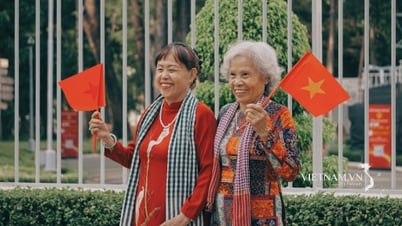



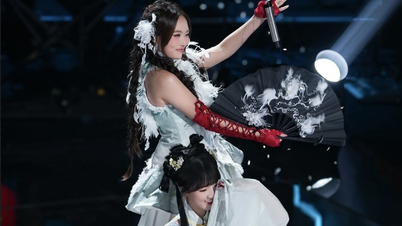









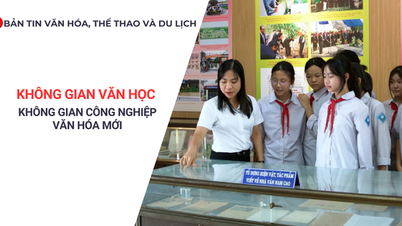























Comment (0)